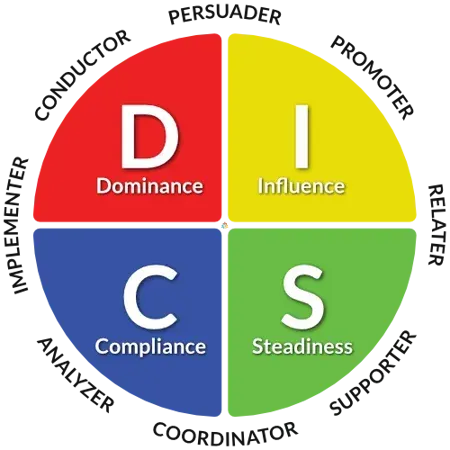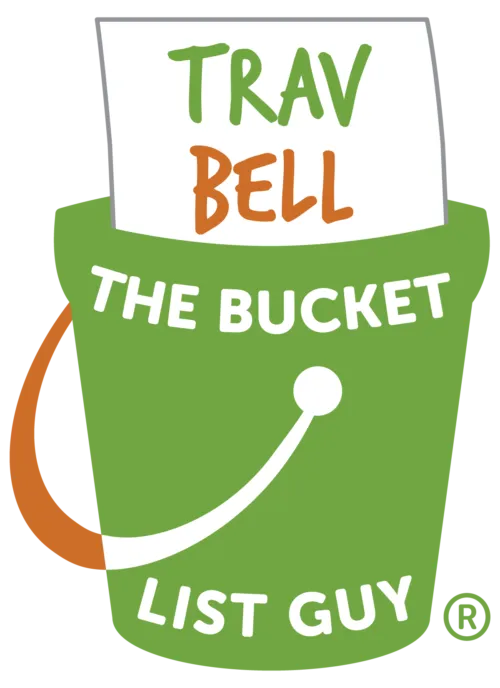LATEST BLOG POSTS

Understanding DISC: A Deep Dive Into Personal Assessment
Have you ever wondered why people behave differently in the same situation? Why some people lead while others follow, why some prefer peace and quiet while others thrive on activity and noise? This phenomenon can be understood with the help of a renowned tool called DISC.
DISC stands for Dominance, Influence, Steadiness, and Conscientiousness. This four-quadrant behavioral model is a powerful, personal assessment tool that provides a comprehensive overview of the way that individuals think, act, and interact.
Dominance
People who score high in 'Dominance' are typically decisive, driven, and often prefer to lead. They enjoy challenges, making fast decisions, and getting straight to the point. High-D individuals are generally self-motivated, competitive, and don't shy away from conflicts. They are often seen as aggressive and outgoing, focusing more on tasks and results than on relationships.
Influence
The 'Influence' category is characterized by individuals who are sociable, talkative, and lively. They enjoy inspiring others, being part of a team, and value relationships. High-I individuals are optimistic and great communicators, who love sharing ideas and making connections. However, they may lack focus and over-promise at times due to their positive outlook.
Steadiness
'Steadiness' is associated with individuals who are calm, patient, and accommodating. They value stability, consistency, and they dislike sudden changes or pressure. High-S individuals are often seen as good listeners, team players, and they strive for a harmonious environment. However, their desire for consensus may lead them to avoid conflict and decision-making.
Conscientiousness
Finally, 'Conscientiousness' denotes individuals who are analytical, accurate, and careful. They focus on details, procedures, and high standards. High-C individuals are typically introverted, thoughtful, and organized, preferring to work independently. They tend to be critical thinkers but may struggle with over-analysis or indecision due to their concern for perfection.
Understanding DISC is like having a roadmap to human behavior. It can enhance teamwork, improve communication, and reduce conflict, making it a vital tool in personal development and relationships, both at work and at home. Importantly, no DISC style is better or worse - each has its own strengths and areas for growth. It's about understanding the differences, leveraging the strengths, and mitigating the weaknesses.
In essence, DISC is a journey towards understanding ourselves and others better, fostering empathy, and unlocking the full potential of human collaboration. And, after all, isn't that what makes us truly successful?

